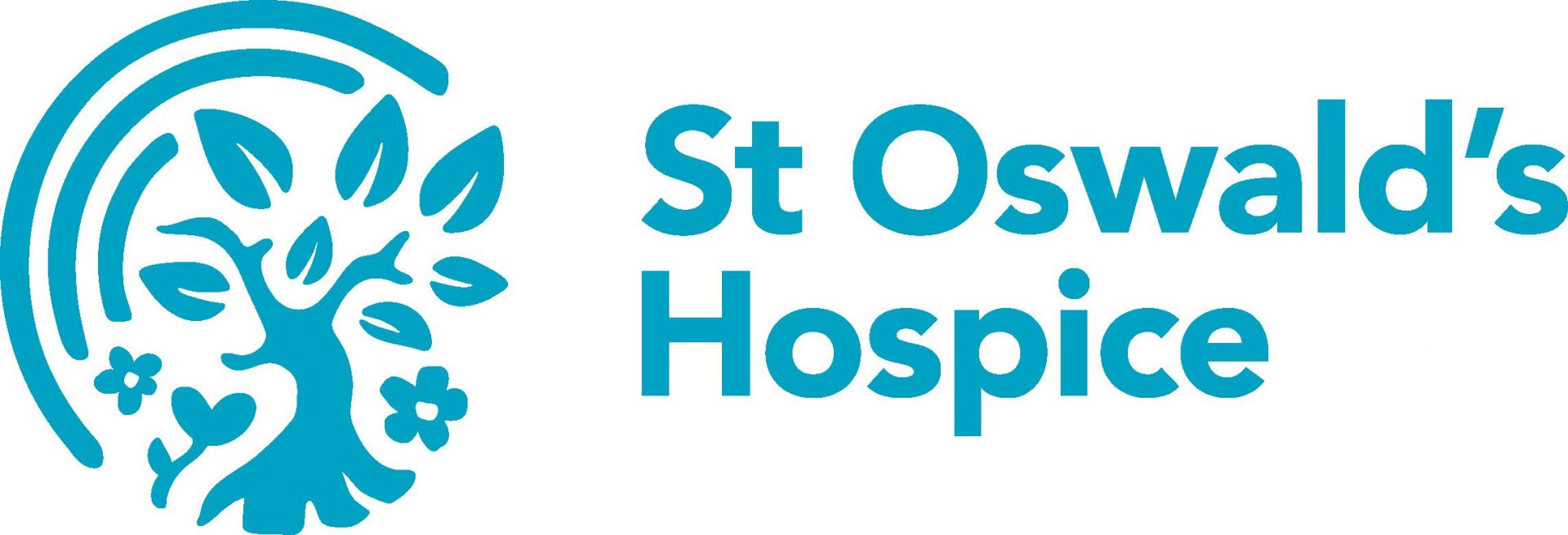Research project - CHELsea II Trial
Clinically Assisted Hydration at the End of Life
Members of St Oswald’s Hospice clinical team are part of a trial to assess whether giving end of life patients fluid via a drip, known as Clinically-Assisted Hydration (CAH), is effective at preventing delirium.
Delirium or ‘terminal agitation’ often occurs at end of life and can cause confusion and restlessness. It can be distressing to patients, families, carers and healthcare professionals.
This trial is also exploring if CAH affects other end of life problems (noisy breathing, shortness of breath), causes of side effects and affects length of survival.
A feasibility study of 200 cancer patients from hospices and hospitals in England and Wales suggested CAH can delay the onset of delirium but it can cause side effects such as fluid retention.
A larger study is currently underway to rigorously evaluate the role of CAH at the end of life. St Oswald’s Hospice is 1 of 80 hospices/hospitals in the UK contributing to the study.
Project lead: Dr Andrew Davies, Clinical Director of Supportive & Palliative Care at Royal Surrey County Hospital.
Local leads: Dr Felicity Dewhurst, Consultant in Palliative Care at St Oswald’s Hospice and Nicola Richardson, Sister, Adult Inpatient Service at St Oswald’s Hospice.
October 2021 – March 2025
To assess whether giving patients in the last days of life fluids via a drip (Clinically-Aassisted Hydration/CAH) is effective at preventing them from developing delirium/terminal agitation.
To assess whether CAH affects other end of life problems (noisy breathing, shortness of breath), causes any side effects, or affects length of survival.
The results will be shared with healthcare professionals through presentations at scientific meetings, and publications in medical journals, and to the public by the media.
80 hospices and hospitals across the UK/1600 patients in the last week of life, will take part in the study.
The study will be a ‘cluster randomised trial’. This means that hospices/hospitals will be allocated at random to 1 of 2 standard interventions.
Intervention A: Supporting the patient to drink, regular mouth care, and management of pain and other symptoms.
Intervention B: Supporting the patient to drink, regular mouth care, management of pain and other symptoms, and CAH.
All eligible patients will receive the same intervention (if appropriate).
Consent will be obtained whenever possible from the patient, but advice about study entry may be obtained from a personal consultee (family member, friend) or a nominated consultee (healthcare professional). If the patient is unable to provide consent, patients will be given fluids either into a vein, or into the tissues under the skin. The amount of fluid given will be based on the patient’s weight, and the decision to continue or discontinue the fluids will be made by the patient’s usual doctors and nurses.
Patients will be assessed for end of life problems at least every 4 hours by the patient’s usual doctors and nurses, and data will be collected on the presence of these problems, use of medication (to treat these problems), and side effects of CAH.
